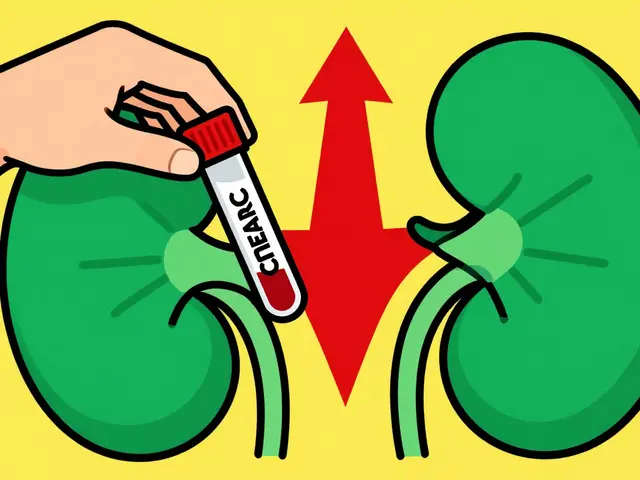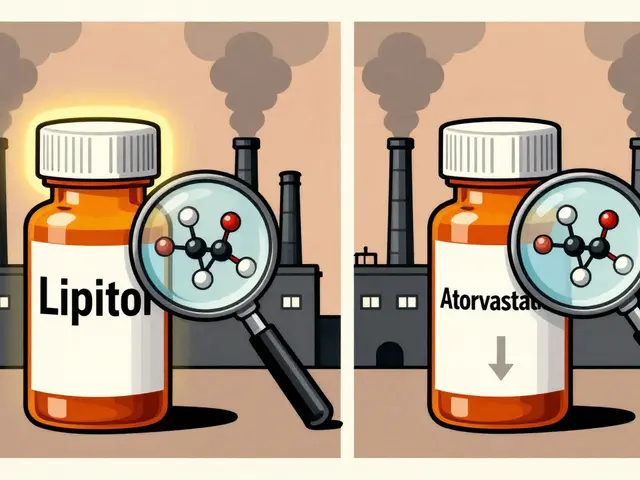Cognitive Function: What Affects It and How Medications Play a Role
When we talk about cognitive function, the brain's ability to process information, remember, focus, and make decisions. Also known as mental performance, it's what lets you drive safely, follow a recipe, or hold a conversation without losing track. It’s not something you notice until it slips—like forgetting where you put your keys, struggling to focus at work, or feeling mentally foggy after taking a cold medicine.
Many people don’t realize that everyday medications can quietly chip away at cognitive function. Take anticholinergic burden, the combined effect of drugs that block acetylcholine, a key brain chemical for memory and learning. First-generation antihistamines like diphenhydramine (found in Benadryl and many sleep aids) are common culprits. When taken daily for allergies or insomnia, they don’t just make you drowsy—they increase your long-term risk of cognitive decline. And it gets worse when these drugs are stacked with others: antidepressants, bladder meds, or even some pain relievers. The more you take, the heavier the burden on your brain.
medication interactions, when two or more drugs work against each other or amplify side effects are often invisible until it’s too late. A study in JAMA Neurology found that adults taking three or more anticholinergic drugs over three years had a 50% higher risk of dementia. That’s not a rare outcome—it’s a quiet epidemic. Cognitive function doesn’t just fade with age; it can be damaged by what’s in your medicine cabinet.
It’s not just about avoiding bad drugs. Sometimes, the right medication for one condition—like diabetes or asthma—can indirectly affect your thinking. Mefenamic acid, for example, can mess with blood sugar control, and unstable glucose levels are linked to brain fog. Even wakefulness drugs like modafinil, while boosting alertness, don’t fix underlying sleep problems that are hurting your cognition long-term. Your brain doesn’t work in isolation; it’s connected to your heart, kidneys, sleep, and every pill you swallow.
What you’ll find here isn’t a list of miracle cures. It’s a practical look at how real medications—prescribed or over-the-counter—are tied to brain health. From how antihistamines combine into a dangerous cocktail, to why off-label drug use might be silently affecting your focus, these posts give you the facts you won’t get from a pharmacy label. You’ll learn what to ask your doctor, which meds to double-check, and how to protect your thinking power before it’s too late.






